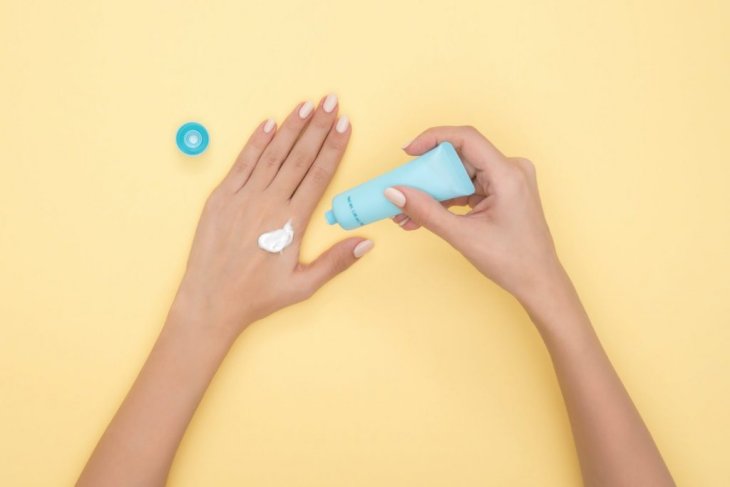
Unpacking The Latest Sunscreen Controversies
Avoiding the sun's exposure and using sunscreen are rules that have become refrains that few do not know, even if still many do not respect. By now, we all know that we should use sunscreen every day. However, the best is always to buy a new one and not reuse those from the previous year as this is often less effective.
One in three cancer diagnoses is skin cancer, and diagnoses are increasing every year. The false myth that sunscreen would prevent you from getting tan struggles to die out and is not the only one linked to exposure to the sun.
Summer is here, and sunburns are never far away. To avoid them, you have to protect yourself well because these skin burns are never harmless. The best way to do this is to apply sunscreen. But there, too, there can be a danger.
Benzene, A Toxic Product

Photo by Moose Photos on Pexels
Even if you use a new protective cream, the health risk is not zero. Indeed, some compounds are found in the blood. Recently, the American pharmaceutical company Valisure, which checks the quality of drugs and health products, warned about the presence of benzene in many sunscreens.
However, this chemical compound, which the laboratory discovered in 78 sun protection products, is carcinogenic. Exposure to high levels of benzene causes cancer in humans, particularly cancer of the blood, including leukemia.

Photo by RF._.studio on Pexels
The laboratory thus alerted the Food and Drug Administration (FDA), the American health authority. Benzene is a colorless or light yellow liquid that forms naturally but human activities can also produce it. It is found in particular in automobile emissions.
Burning coal and petroleum can also release benzene into the air. They use benzene to manufacture certain plastics, rubbers, dyes, detergents, drugs, and pesticides.
Problems With Benzene Contamination

Photo by Kindel Media on Pexels
Problems of benzene contamination are significant because benzene is known to be absorbed through human skin, is a potent carcinogen, and no amount of benzene is acceptable in a skincare product.
You can also absorb by ingestion (think sunscreen for the lips), by inhalation (aerosolized sunscreens), and by eye contact (sunscreen that gets into the eyes through sweating or swimming).
A Situation To Be Regulated

Photo by Armin Rimoldi on Pexels
Given benzene toxicity, the authorities limit its use in essential products that cannot manufacture them without it to very low doses. For example, in sunscreens, the limit is two parts per million (ppm).
"The presence of this known human carcinogen in products widely recommended for the prevention of skin cancer and which are regularly used by adults and children is very disturbing."
Among the products studied by the Valisure laboratory, fourteen of the products, or 5%, contain benzene at higher levels. Almost all of the sunscreen products with benzene levels above two ppm were sprays, but the chemical has also appeared in sunburn lotions and gels.
FDA to Investigate Use of Benzene in Sunscreens

Photo by Kindel Media on Pexels
The lab asked the FDA to investigate the need for benzene in sunscreens. Indeed, they did not detect the presence of this product in all the sunscreens tested. Therefore, its use does not appear to be "inevitable," as stipulated by the FDA to justify its presence in certain products.
Valisure is also asking the FDA to set a limit for the levels used in pharmaceuticals in standard situations. They also want to have an exposure limit threshold in one day.